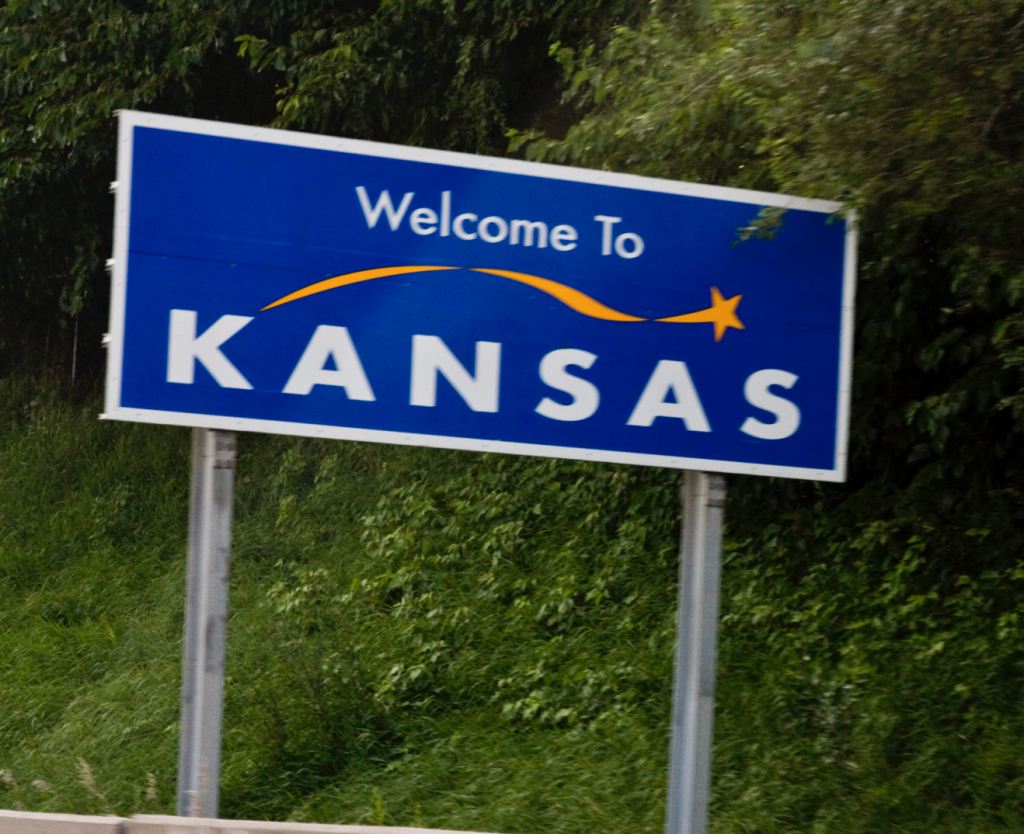
The Kansas lesson on tax breaks
May 14, 2015
The Kansas lesson on tax breaks
May 14, 2015

As Ohio state legislators consider whether to expand a major business tax break first approved two years ago, they might want to pay attention to what a number of Kansas Republicans have concluded: That an even more expansive tax break of the same kind passed by their state legislature hasn’t worked.
The Kansas tax break permits owners of what are known as “passthrough” businesses to avoid paying any income tax at all on profits from those businesses (they’re called “passthroughs” because their owners are taxed on the income when it passes through to them as individuals). Problem is, it and other income-tax cuts haven’t been the shot of adrenaline to the Sunflower State’s economy that Gov. Sam Brownback predicted. And they have opened up a $420 million budget hole that legislators are scrambling to fill.
The Topeka Capital Journal recently paraphrased Republican Rep. Mark Hutton of Wichita, saying that evidence didn’t exist that the policy had been responsible for meaningful growth. “I'll go so far today to say it never will,” Hutton went on. “The benefit of this policy is insignificant in inducing businesses to come to this state to hire employees.” The newspaper also reported that Rep. Steven Johnson, an Assaria Republican, “said he had failed to find convincing evidence nationally of a strong correlation between tax policy and ‘strong growth’ in a state’s economy.” That figures, since most of the relevant academic literature finds that state income tax levels have little effect on economic growth.
Unlike Kansas, Ohio at least capped the benefits from its tax break so they cover half of the first $250,000 in income, not all such business income. Here, unlike in Kansas, many business owners haven’t taken advantage of the new tax break. In fact, Ohio Tax Commissioner Joe Testa told a Senate committee last month that his department was mailing out 130,000 post cards to business owners who it thought were eligible for the existing break but hadn’t claimed it. Most business owners get very little from it, though it costs Ohio more than $300 million a year in revenue. But in both Ohio and Kansas, the tax break hasn’t brought a surge in new jobs.
Gov. Kasich has proposed a new business tax break layered on top of the existing one. The House rejected that plan, instead expanding the current tax break so that it would permanently cover 75 percent of the first $250,000 in passthrough income. Legislators in Kansas have considered scaling back the tax break, and action for and against seesawed back and forth this week. However that plays out there, Ohio lawmakers should take note that even that larger tax break hasn’t resulted in the economic gains it was supposed to generate.
(Photo courtesy of www.cgpgrey.com)
Tags
2015Tax ExpendituresTax PolicyZach SchillerPhoto Gallery
1 of 22